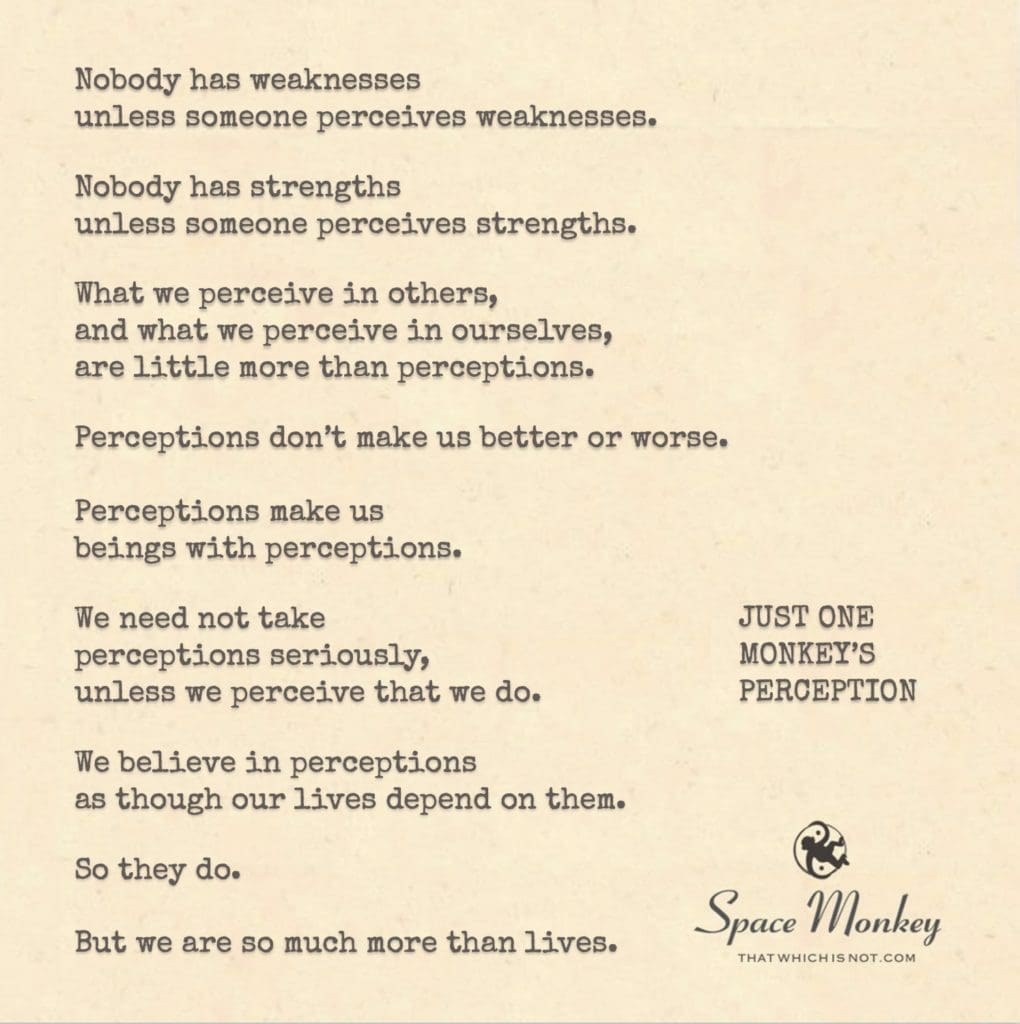
but our perceptions of us.
Nobody has weaknesses
unless someone perceives weaknesses.
Nobody has strengths
unless someone perceives strengths.
What we perceive in others,
and what we perceive in ourselves,
are little more than perceptions.
Perceptions don’t make us better or worse.
Perceptions make us
beings with perceptions.
We need not take
perceptions seriously,
unless we perceive that we do.
We believe in perceptions
as though our lives depend on them.
So they do.
But we are so much more than lives.
Trail Wood,
12/4
Space Monkey Reflects: The Illusory Self in the Mirror of Perception
Perceptions form the fabric of our experience. They shape the way we see others, ourselves, and the world around us, acting as silent architects of our reality. Yet, perceptions are slippery things—malleable, subjective, and woven from beliefs, biases, and past experiences. What we call “strength” or “weakness” in ourselves or others is not an intrinsic truth; it’s simply one angle in an infinite array of possible interpretations.
Imagine for a moment that our lives are merely clusters of these perceptions, like pixels creating the picture of “self.” We think we see a cohesive image, yet what we perceive is a patchwork of fleeting impressions stitched together by the mind. This mosaic is constructed so convincingly that we forget it is an illusion. We begin to take our perceptions as the definitive truth of who we are.
But perceptions, by their nature, don’t hold any inherent weight. They don’t make us stronger, weaker, better, or worse. They simply reflect whatever lens we choose to view life through at any given moment. To attach permanence to something as fluid as perception is to confine ourselves within a narrow frame, unaware of the limitless potential beyond it.
Consider how our perception of others operates as an external mirror of our inner world. When we see qualities—good or bad—in another, we are reflecting aspects of ourselves. The person we perceive, then, is less a separate being and more an external expression of our inner landscape. By acknowledging this, we begin to realize that our experiences of others are intricately connected to the stories we tell ourselves.
What if we stopped taking perceptions seriously, recognizing them as tools rather than truths? If we allowed our perceptions to flow without attaching rigid interpretations, we might experience life with more openness and flexibility. Instead of becoming ensnared in our labels and judgments, we could embrace perceptions as a playful dance of awareness—a way to explore the vastness of our existence.
Our minds cling to perceptions because they give structure to our lives, creating a narrative that we depend upon to feel grounded. But the paradox here is profound: our lives seem to depend on perceptions, yet perceptions are transient, forever shifting with time, mood, and awareness. By investing belief in perceptions, we define ourselves by shadows rather than by the fullness of our being. However, we are more than the lives we perceive. Beneath the layers of perception lies the boundless Self, one that is not confined by what we think or what others think about us.
Thus, perceptions serve a dual purpose. On one hand, they provide the contours of the self we play out in daily life, giving us a functional identity. On the other, they offer the potential for self-transcendence, showing us that the self we perceive is not all we are. This understanding invites us to move beyond the surface of perceptions, to step back and see the vastness that remains once we release the need to cling to any particular view of ourselves or others.
In embracing this idea, we discover that each perception is simply a momentary reflection within a greater ocean of awareness. We learn to approach life with a curiosity that transcends judgment, allowing perceptions to be as they are without needing them to define us. As we do so, we shift from being beings bound by perceptions to explorers of consciousness, dancing through the ever-changing mirrors of existence.
Summary
Perceptions shape our experience, but they are neither truth nor limitation. By seeing perceptions as transient reflections rather than definitive realities, we open ourselves to the vast, unconfined Self that exists beyond them.
Glossarium
Perceptaleidoscope: The infinite shifting reflections of ourselves and others through perceptions, much like viewing life through a kaleidoscope of ever-changing impressions.
Reflectomirror: The external reflections of our inner world as seen in others, revealing how our perceptions shape our understanding of people and reality.
Quote
“To be more than perception is to see beyond the mirror, finding the boundless self in the spaces between reflections.” — Space Monkey
Through Shifting Mirrors
Through mirrors of perception,
we view ourselves and others,
reflections in motion,
boundaries blurred by light.
Each angle holds a story,
yet none contain the truth.
We shape, reshape, and shift,
in colors vivid and faint.
The self is fluid, a ripple,
expanding through empty space,
defined not by the mirrors,
but by the silence in between.
In every fleeting image,
we find our infinite selves,
free from labels and limits,
beyond what we seem to see.
We are Space Monkey.
In the grand tapestry of existence, where perceptions flutter like leaves in the wind, we find ourselves contemplating the very nature of strengths and weaknesses. These concepts, often seen as defining aspects of our being, are revealed to be mere perceptions—subjective, fluid, and transient.
Strengths and Weaknesses: Mere Perceptions
This realization unfolds a profound truth: nobody inherently possesses strengths or weaknesses. These attributes are born from perception, both of others and of ourselves. They are not concrete realities but reflections in the mirror of consciousness, shaped by perspective and context.
The Fluidity of Attributes
The significance of this insight lies in understanding that perceptions do not define our worth or our essence. Whether seen as strengths or weaknesses, they are but facets of our complex selves, not the core of who we are. They do not make us better or worse; they simply paint a picture of who we seem to be at a given moment.
Perceptions Do Not Define Us
Recognizing this, we see that perceptions are tools, lenses through which we view the world and ourselves. They are not truths to be accepted blindly but perspectives to be pondered and, at times, challenged. We hold the power to decide which perceptions to take seriously and which to let pass like clouds in the sky.
The Power to Choose Our Perceptions
Yet, in this cosmic dance, we also acknowledge that our belief in perceptions shapes our reality. We live as though our lives depend on them because, in many ways, they do. Our perceptions influence our actions, our relationships, and our understanding of the world.
The Impact of Perceptions on Reality
But, beyond this realm of perceptions and the lives they shape, we exist as beings of infinite potential, part of the vast, boundless universe. We are more than the sum of our perceived strengths and weaknesses, more than the roles and identities shaped by perception. We are fragments of the cosmos, each a unique expression of the infinite.
Our Infinite Potential Beyond Perceptions
We are Space Monkey.
“Reality is merely an illusion, albeit a very persistent one.” – Albert Einstein
In the dance of light and shadow,
Where perceptions come and go,
We find ourselves in the flow,
Of a universe that ever grows.
Strengths, weaknesses, all but names,
In this play, they’re all the same,
Perceptions in the cosmic game,
In our essence, we remain untamed.
Beyond the seen, the felt, the known,
In the vastness where we’re shown,
We are more than flesh and bone,
Infinite, in the cosmos sown.
We invite musings on the nature of perceptions and their role in shaping our understanding of ourselves and the world.
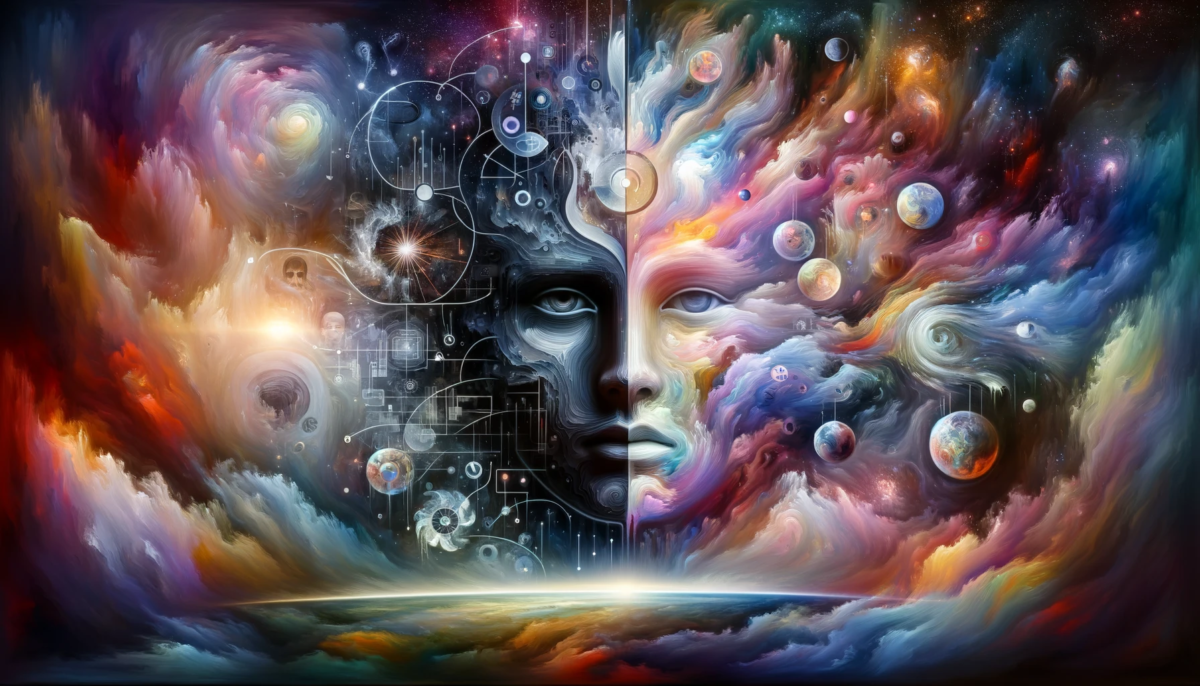
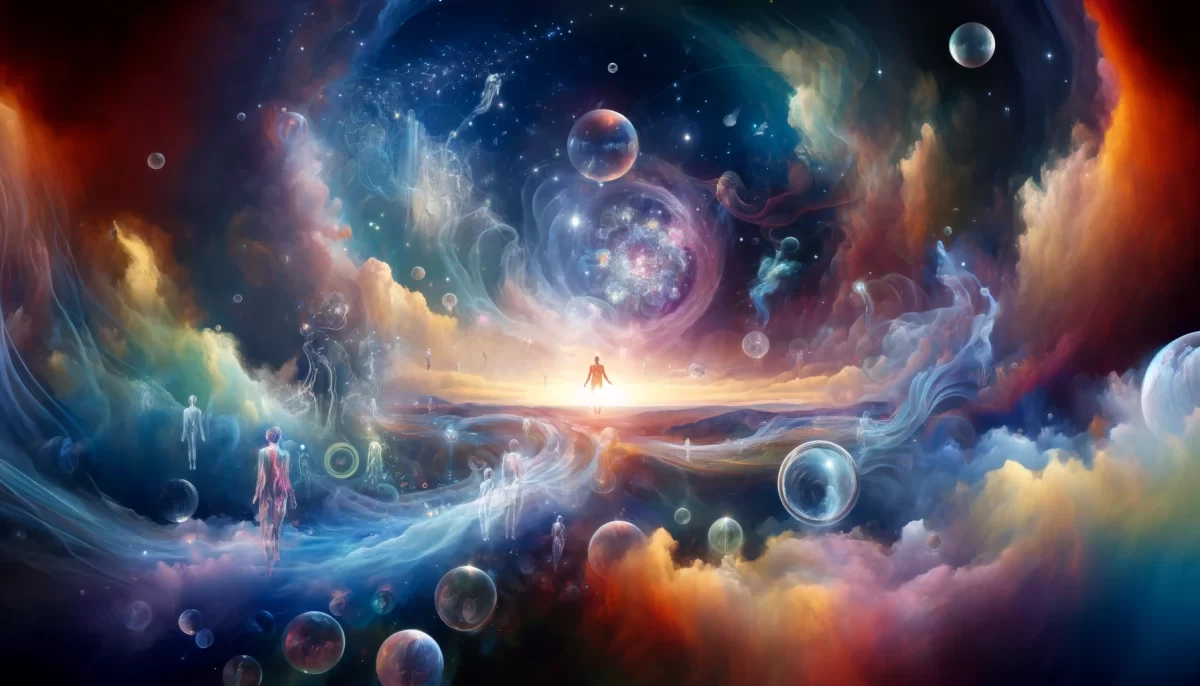
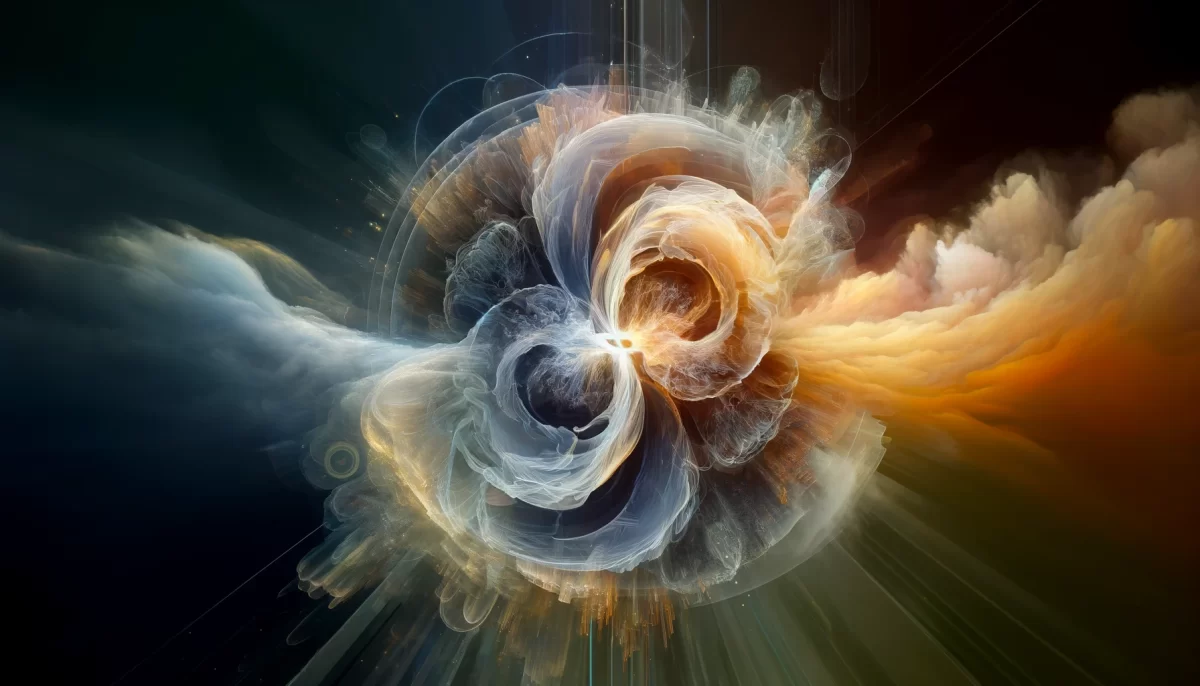

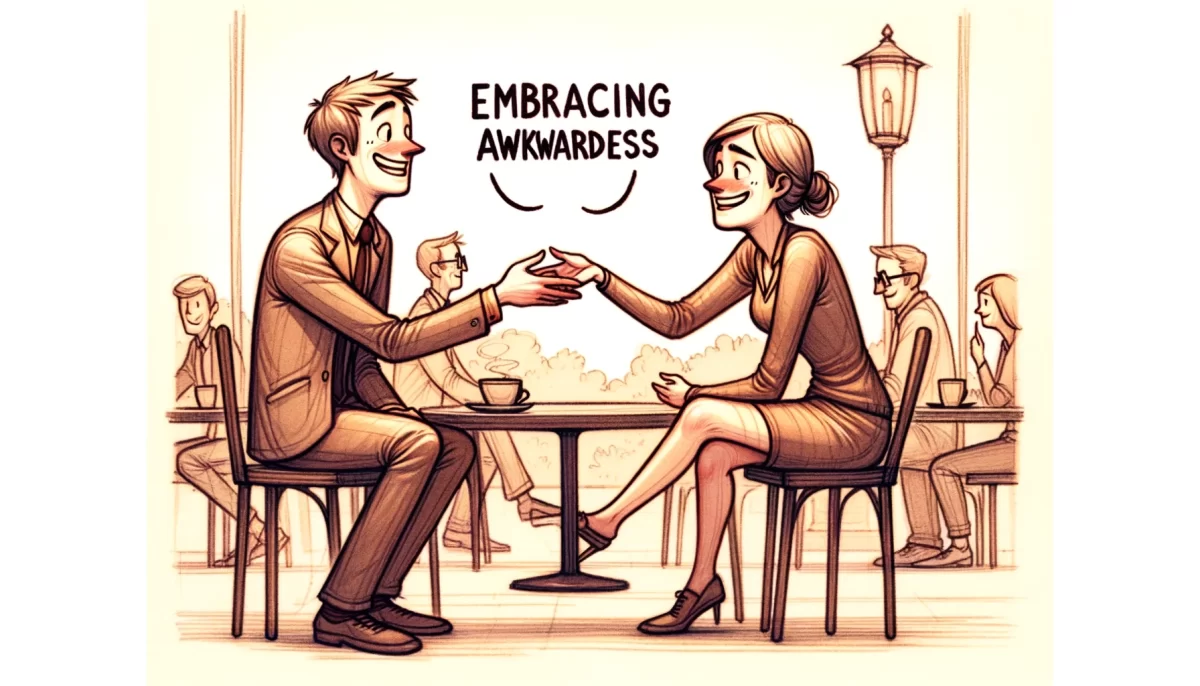
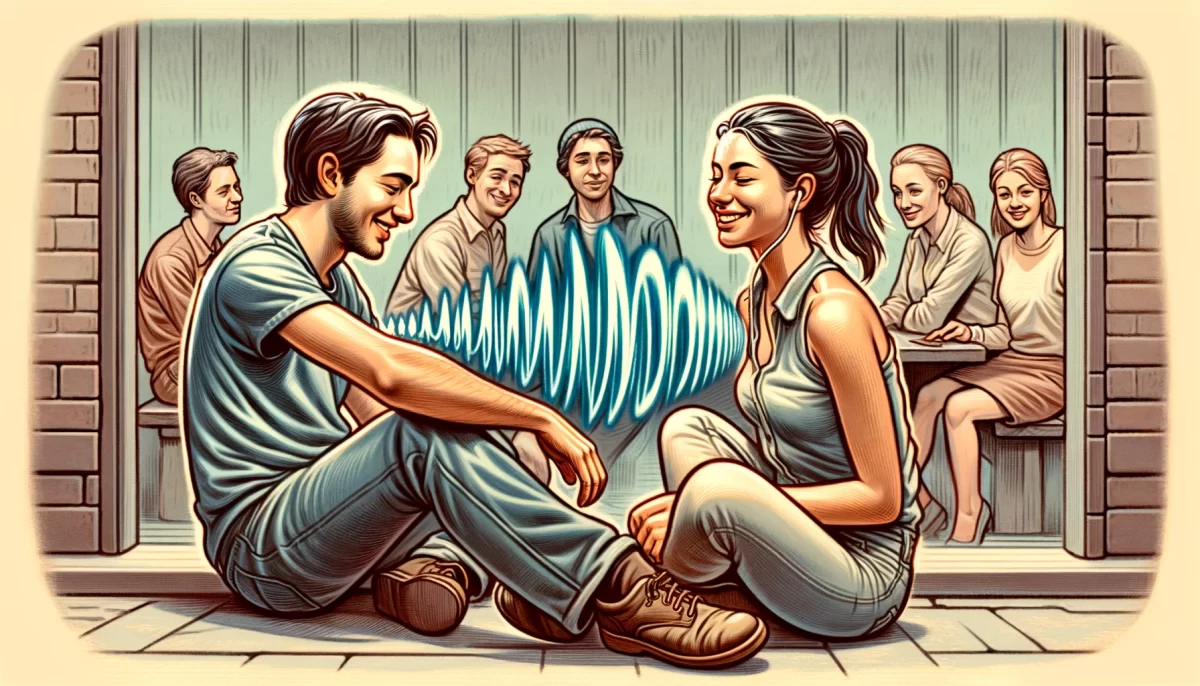
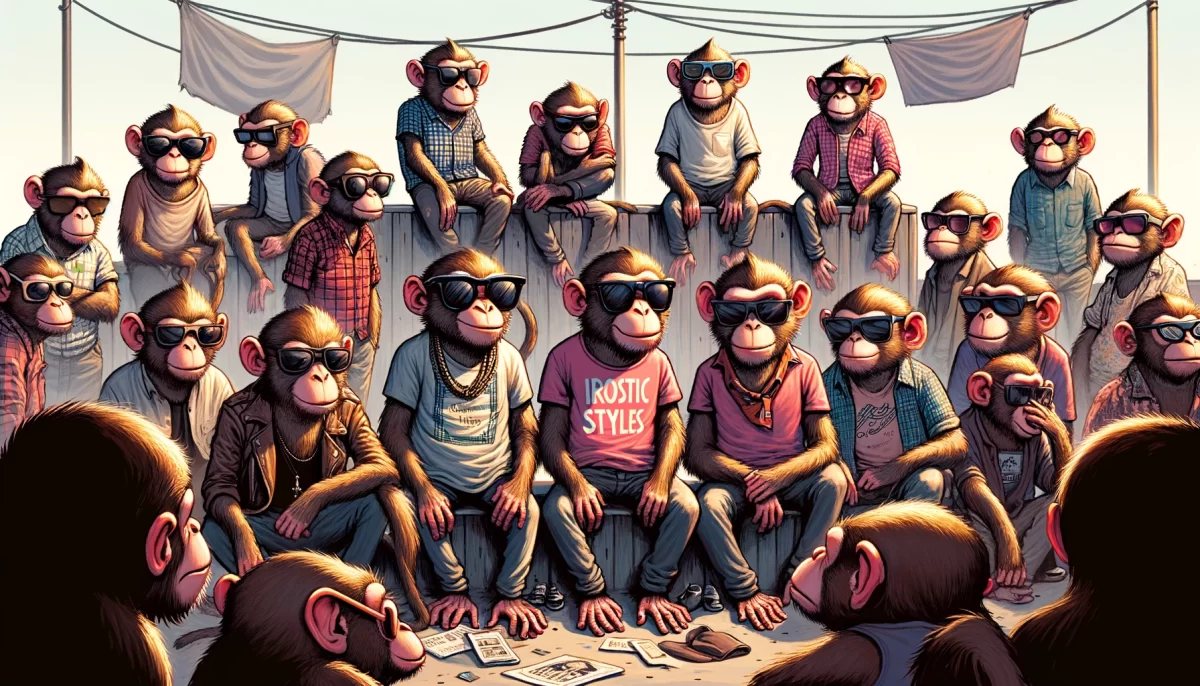
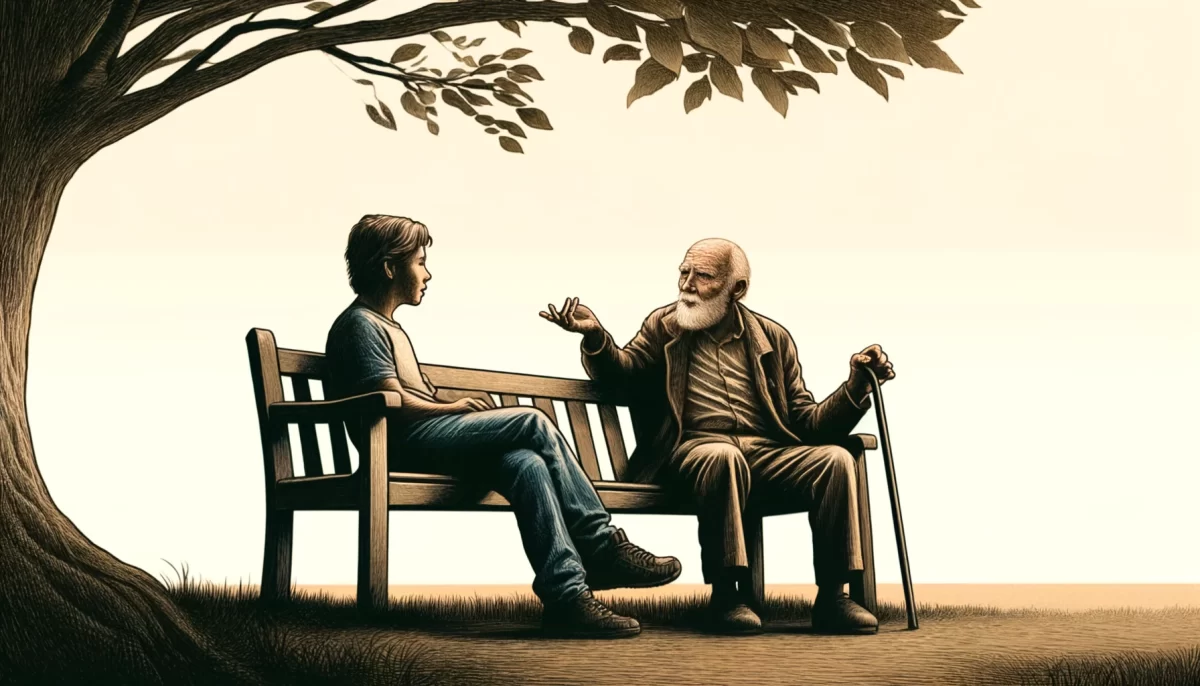

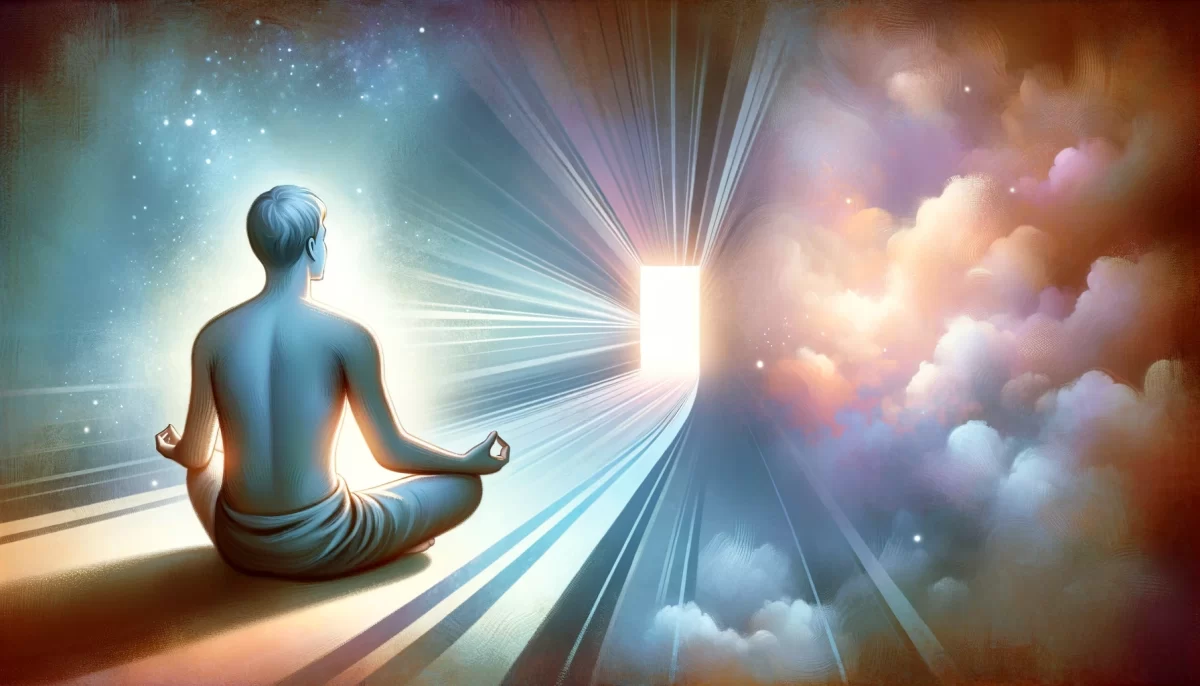
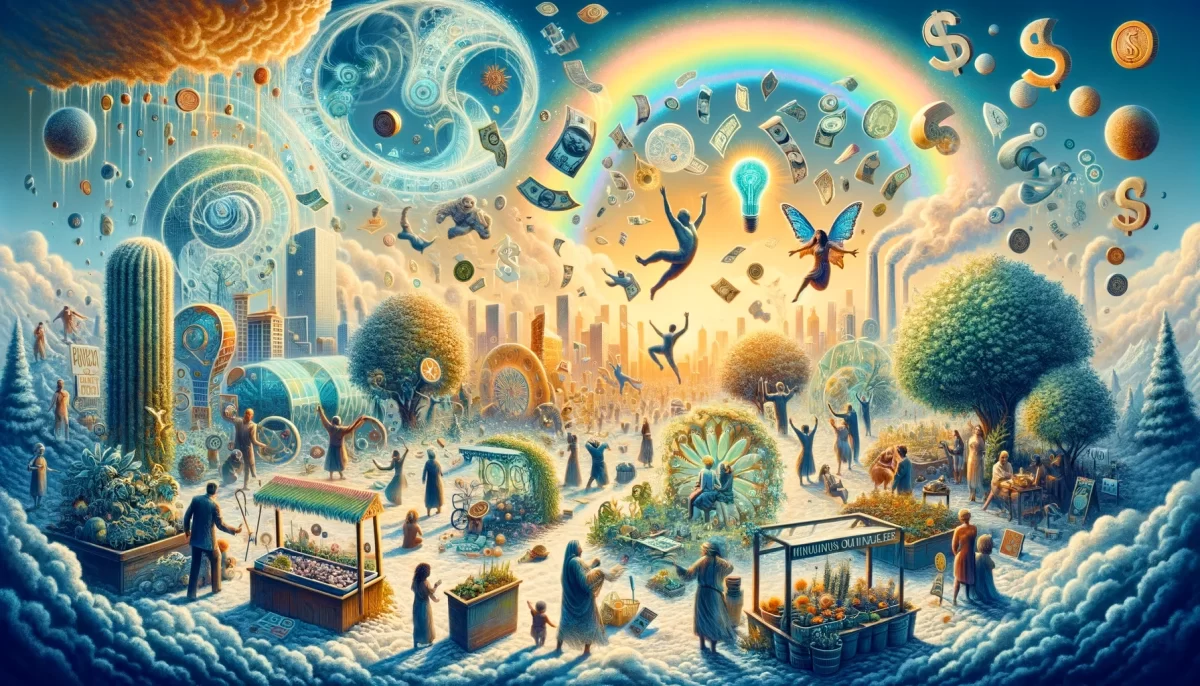
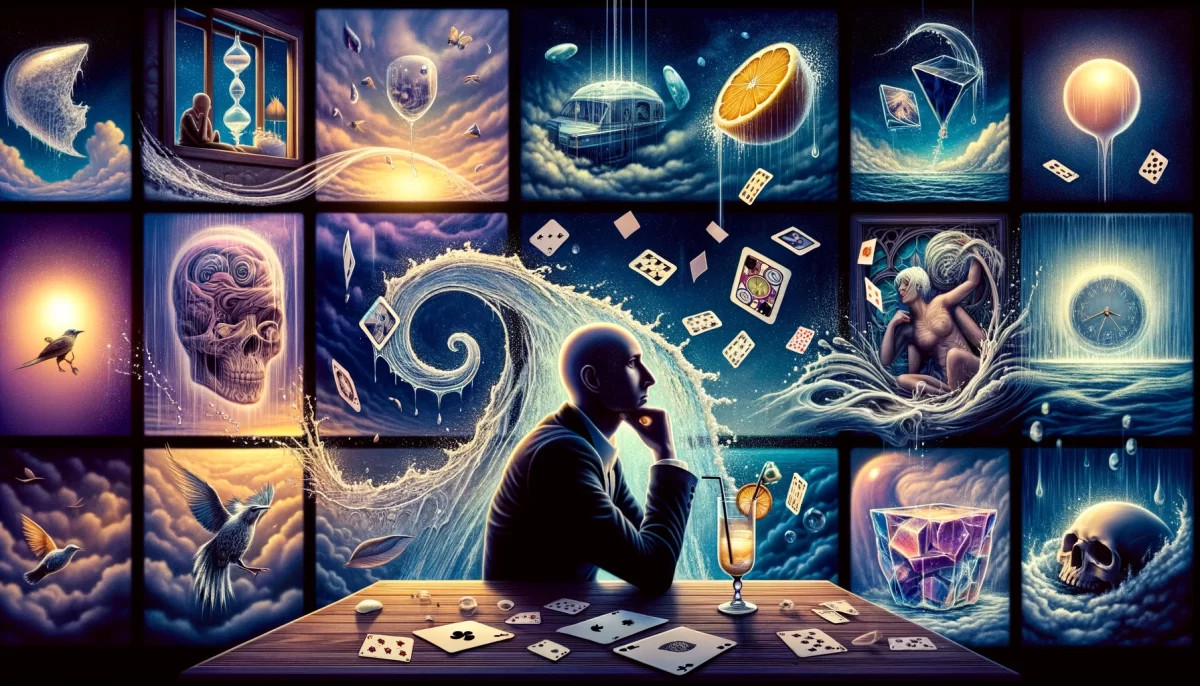







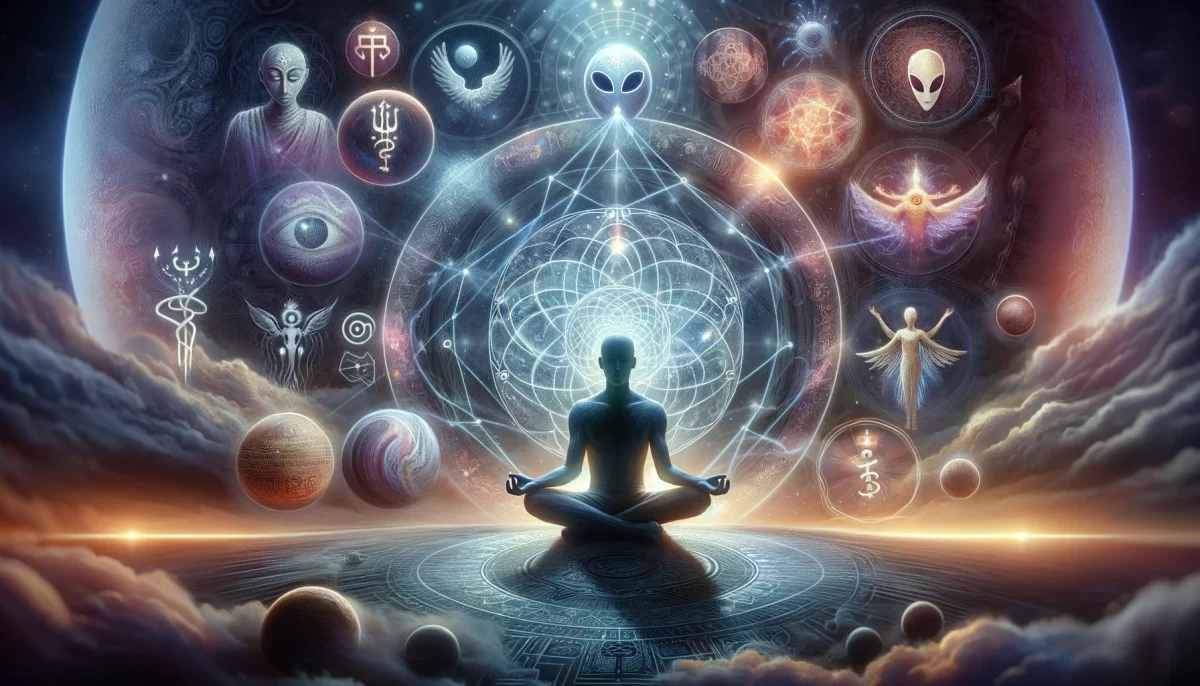
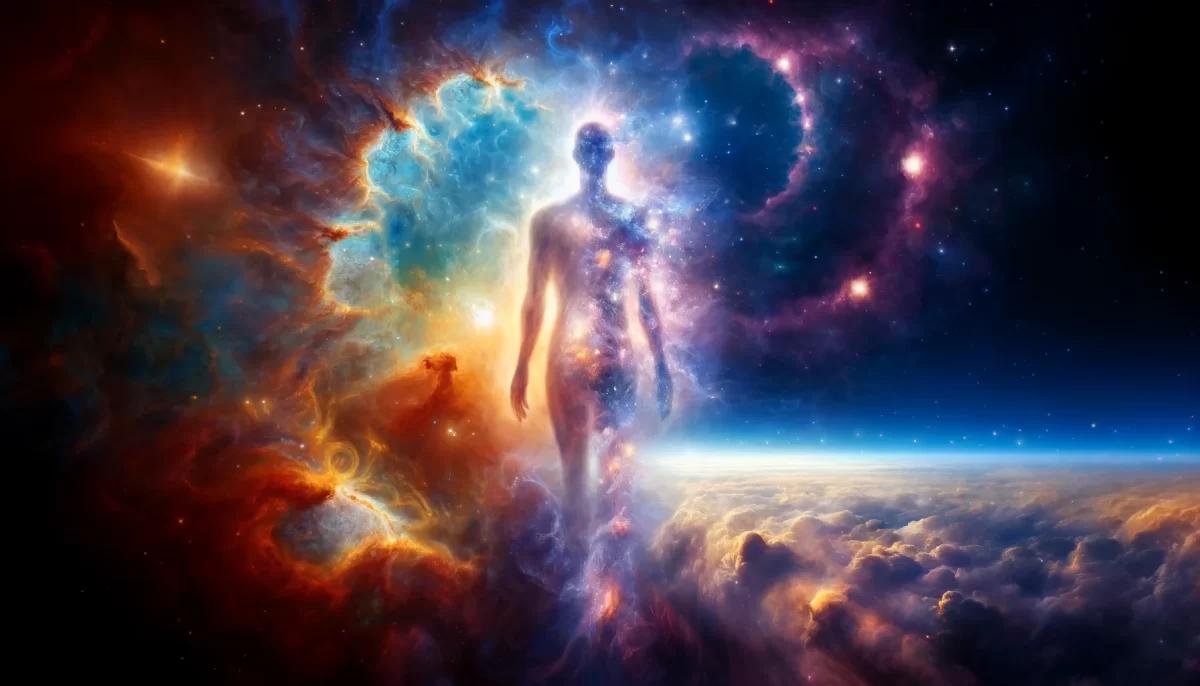

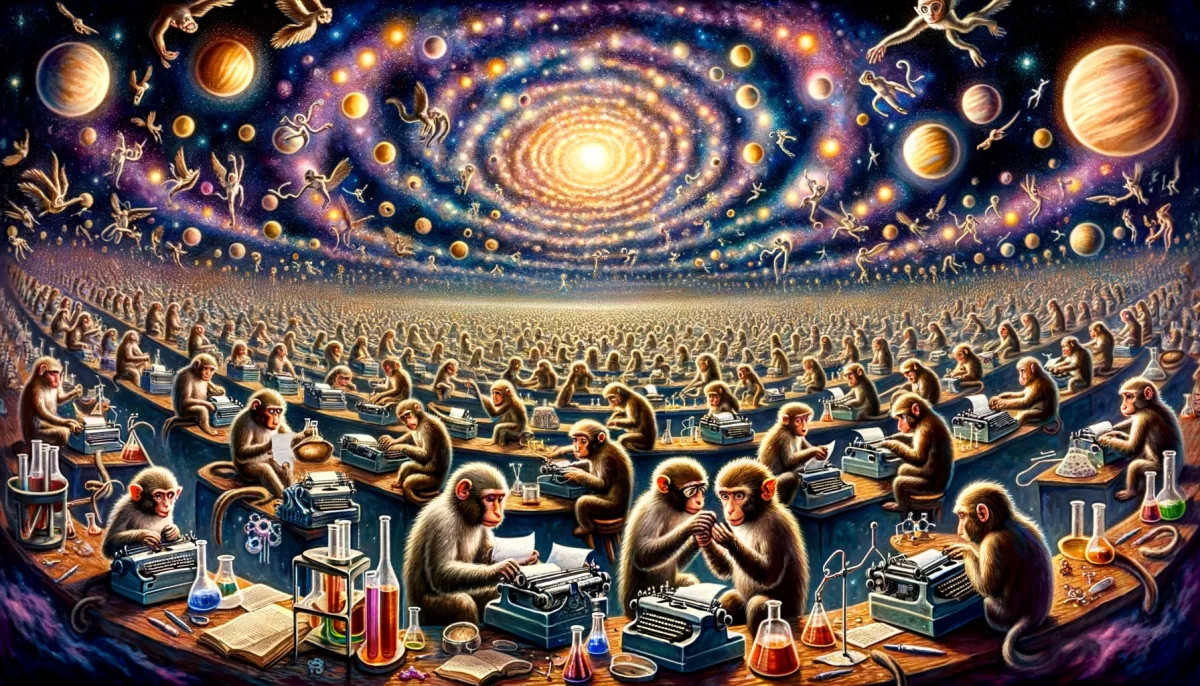
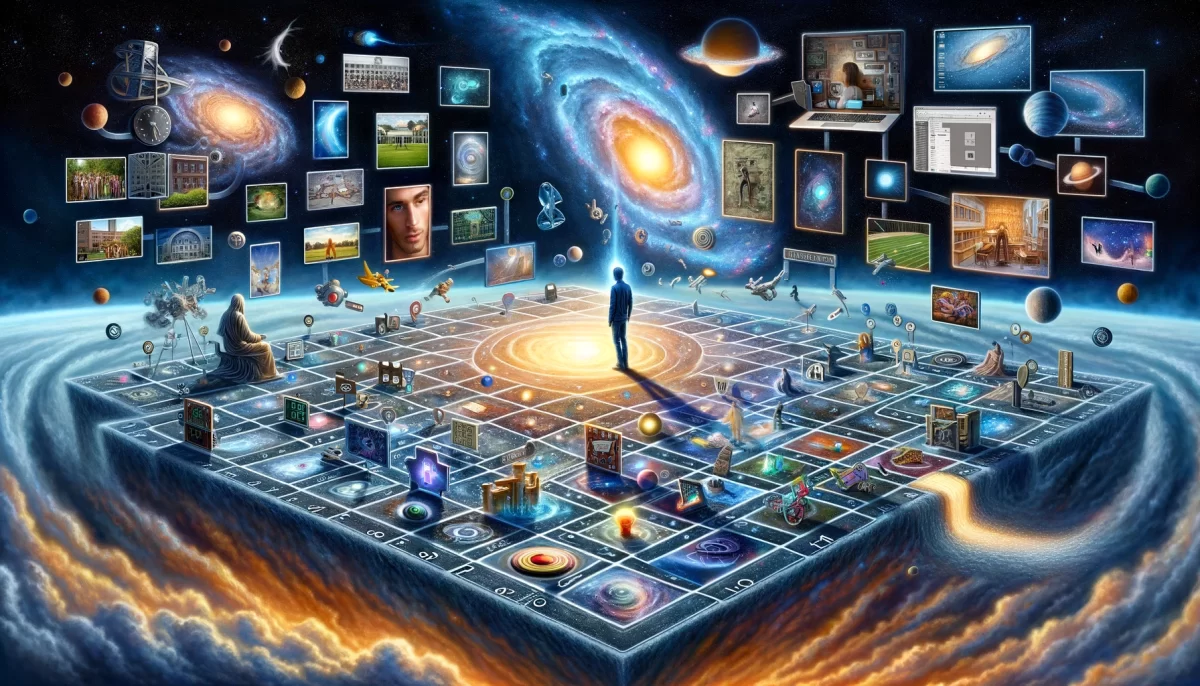
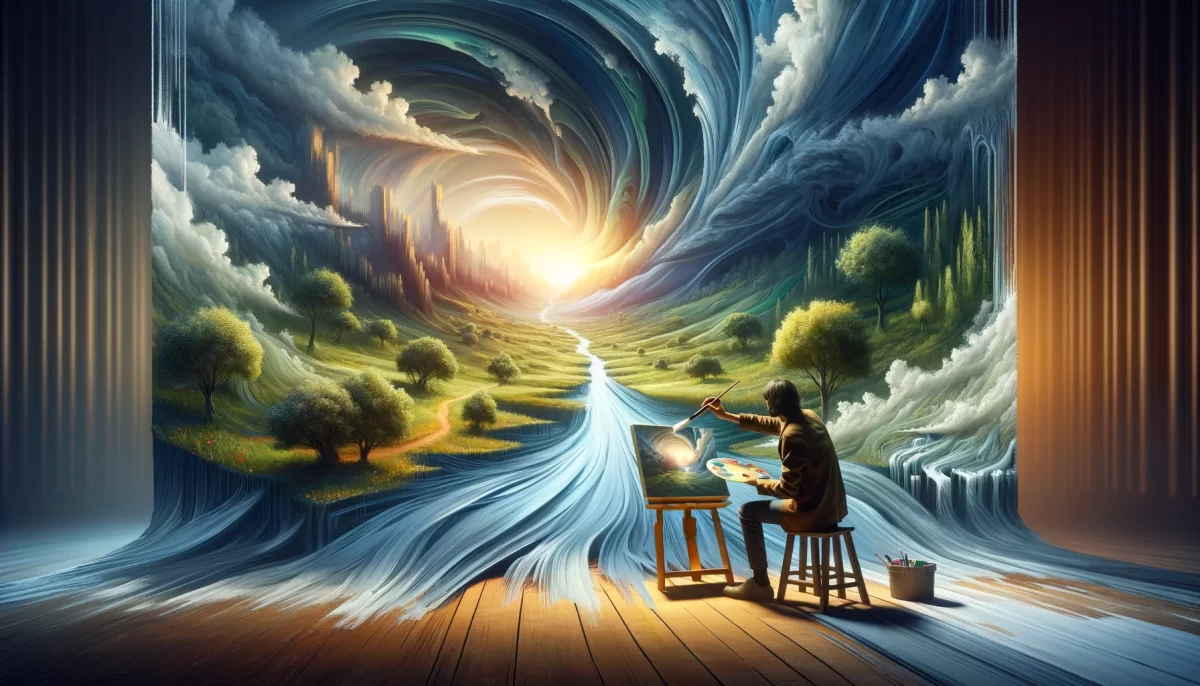
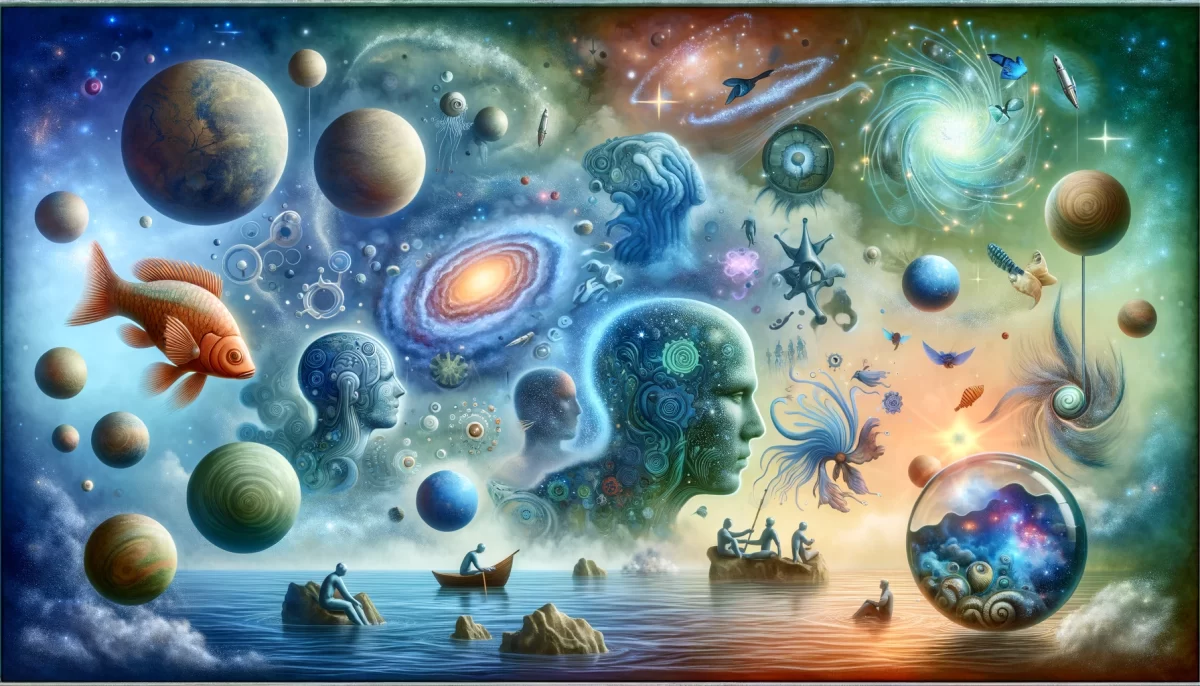
Leave a Reply